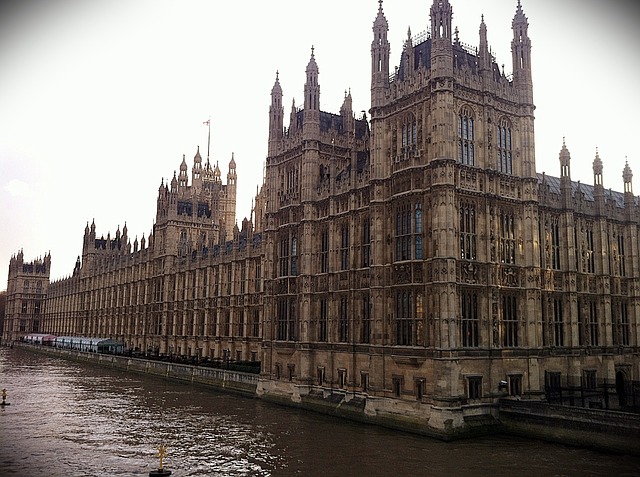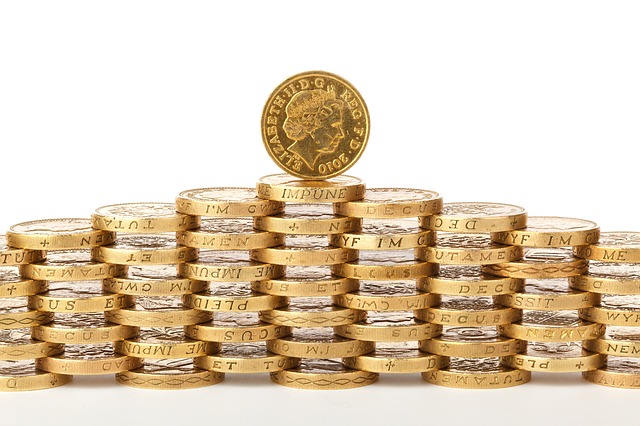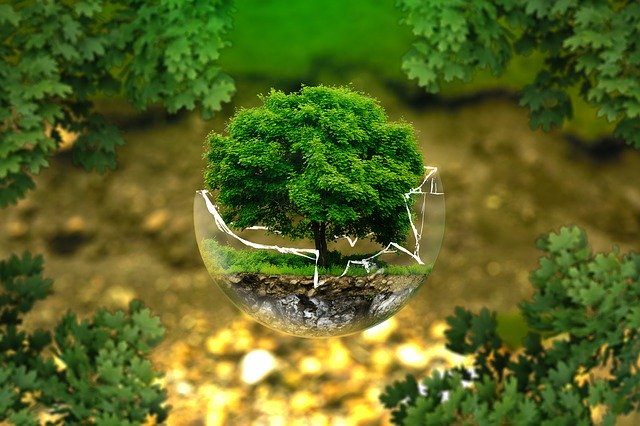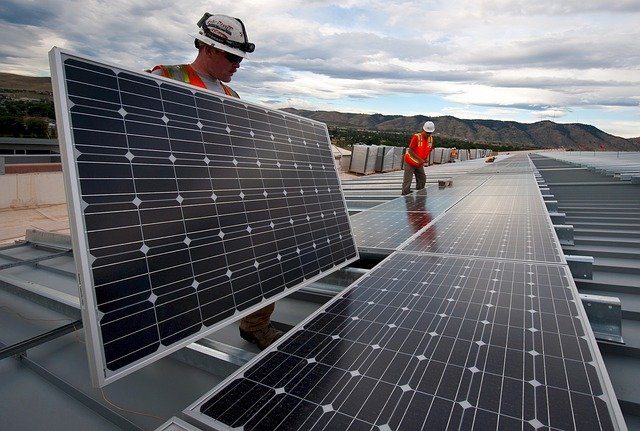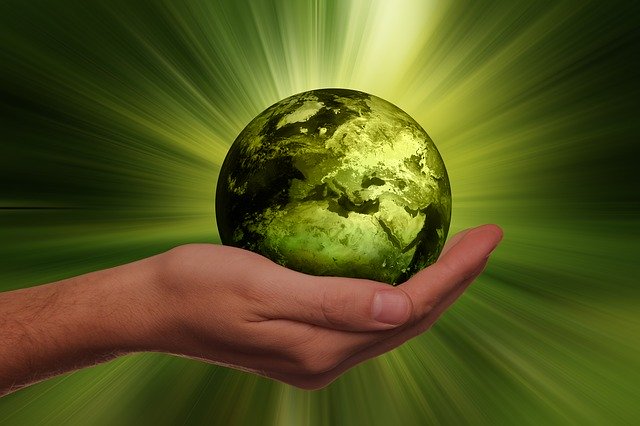The Face of Power
Power and politics are a normal part of organisational life. Power can be two faced. On the one hand it can be very negative, and this is probably the prevalent view of power in organisations. When power is negative it results in harm to others as someone, or some group relentlessly pursues a course of self-interest. The outcome of such power plays is a win-lose situation.
The other face of power is positive. It is a social construct that rather than seeks self-interest, instead turns power outwards to empower others. Those in a position of power will balance self-interest with the interest of others, engaging in open collaboration, alliance building and cooperation resulting in a win-win outcome.
For anyone involved in organisational life, the encouragement is to ensure that the positive use of power, and the empowerment of others is deployed. This can be enabled by acting out the belief, that cooperation and shared problem solving has a positive performance outcome for the business, whilst at the same time increases power available to both individuals and the organisation as a whole.
Furthermore, for those in positions of power, they must ensure that they focus on creating a healthy and balanced organisational environment that demonstrates key values of trust, integrity, openness and dignity in all its relationships. This includes those internal to the organisation such as employees, shareholders and contractors but also those external to the organisation in regards to customers, partners and suppliers.
It is important that leaders seeking to use tools like those demonstrated here – to learn the strategies required to develop positive power tactics, influence and behaviours necessary and demonstrate alternate ways in which power dynamics can operate within the organisations setting.
The impact of such positive use of power in the organisational setting can be far reaching. Not only can it add value to the stakeholders in the business, improve the sustainability of organisational performance but it also enables the organisation to be more humane and effective.
Edward Collins
Author of IP Cloaker
